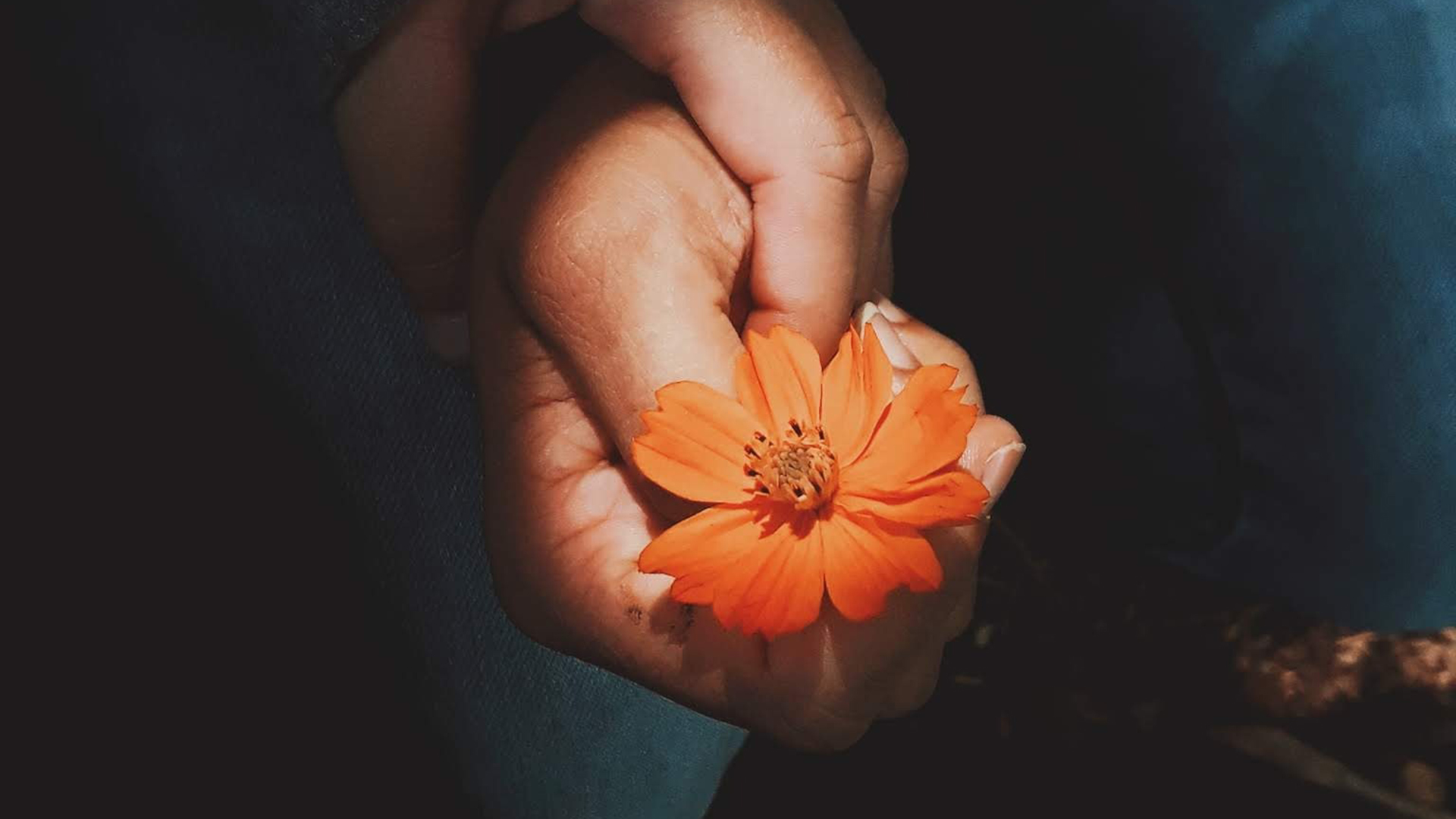Elizabeth was a delightful person. She was very quiet but always had a lovely smile. She was the sort of person who was highly intuitive to noticing if someone else around her looked a bit down or sad and would go and talk with them.
No one knew she was struggling underneath that calm surface. No one was aware that every day presented another mountain for her to climb to deal with her anxiety and depression.
Whenever she came to our GP practice, which wasn’t very often, it would be for general check-ups and simple ailments requiring treatment.
Her ‘Mona Lisa’ smile belied her true feelings, meaning we didn’t see her distress.
Then we got the news.
Having found an excuse to get the family out of the house one day, she had taken her own life.
It turned out she had been planning this for some time.
Everyone who knew her was devastated.
“How could this be?”
“How did we not see?”
“Why didn’t she ask for help?”
Guilt for failing to prevent a needless death is hard.
It took her family and friends a long time to come to terms with her death.
She was a young woman with the world at her feet. Why? Why? Why?
We don’t always have the answers; sometimes, as with Elizabeth, a person will deliberately disguise their illness.
October 10th is World Mental Health Day.
It’s a day initiated by the World Federation for Mental Health and has been celebrated since 1992.
In 2023, the theme is,
“Mental health is a universal human right.”
Do you agree?
If so, what does this entail?
Fundamentally, it has to start with awareness of what mental health is, because there is still a great deal of misunderstanding and a lack of awareness of how prevalent poor mental health is within our societies.
This can lead to fear and discrimination.
Globally, one in eight people is living with a mental health condition. What matters is knowing that just as not everyone gets incapacitated by a dose of the latest virus doing the rounds, having a mental health condition doesn’t necessarily mean you have to take time off from work or that your ability to function normally is affected. Mental health covers a spectrum from excellent to poor and everywhere in between.
Where you as an individual sit on that spectrum on any given day is the result of many factors.
As a universal human right, the implication is that every person has the right to the highest standard of mental health. The World Health Organisation states,
“This includes the right to be protected from mental health risks, the right to available, accessible, acceptable, and good quality care, and the right to liberty, independence and inclusion in the community.”
Enjoying good mental health matters just as much as every other facet of our health and wellbeing.
And yet the stigma remains.
Despite more money being made available by the Government for more mental health beds and programs.
Despite the hard work, commitment and dedication of mental health practitioners.
Despite public health campaigns and Special Days to build awareness.
There is so much more work that needs to be done.
As a universal right, I believe we all have a duty of care to our families, our workplaces and our communities to support better access to the appropriate mental health services so that everybody has the opportunity to live independently, can support themselves financially and feel part of their community.
Enjoying good mental health is not just the absence of mental illness. It’s about using every opportunity to increase your mental wellbeing every day, and to celebrate being alive, healthy and well.
So, how will you choose to celebrate great mental wellbeing this World Mental Health Day?
- Will you be holding an event in your workplace to talk about what can be done beyond awareness building to instigate activities that build positive emotion, inclusion and holistic wellbeing?
- Will you actively seek to elevate your own mental wellbeing by spending time on a beautiful walk, catching up with a friend or chilling out with a glass of something luscious to watch the sun go down?
- Will you reach out to someone you haven’t caught up with for a while to say, “Hi! How are you doing?”
Making mental health a universal right will take a lot of effort and commitment.
Are you willing to help make this happen?
Dr Jenny Brockis is a medical practitioner and internationally board-certified lifestyle medicine physician, keynote speaker and best-selling author. Her new book Thriving Mind: How to Cultivate a Good Life (Wiley) is now available for purchase.


